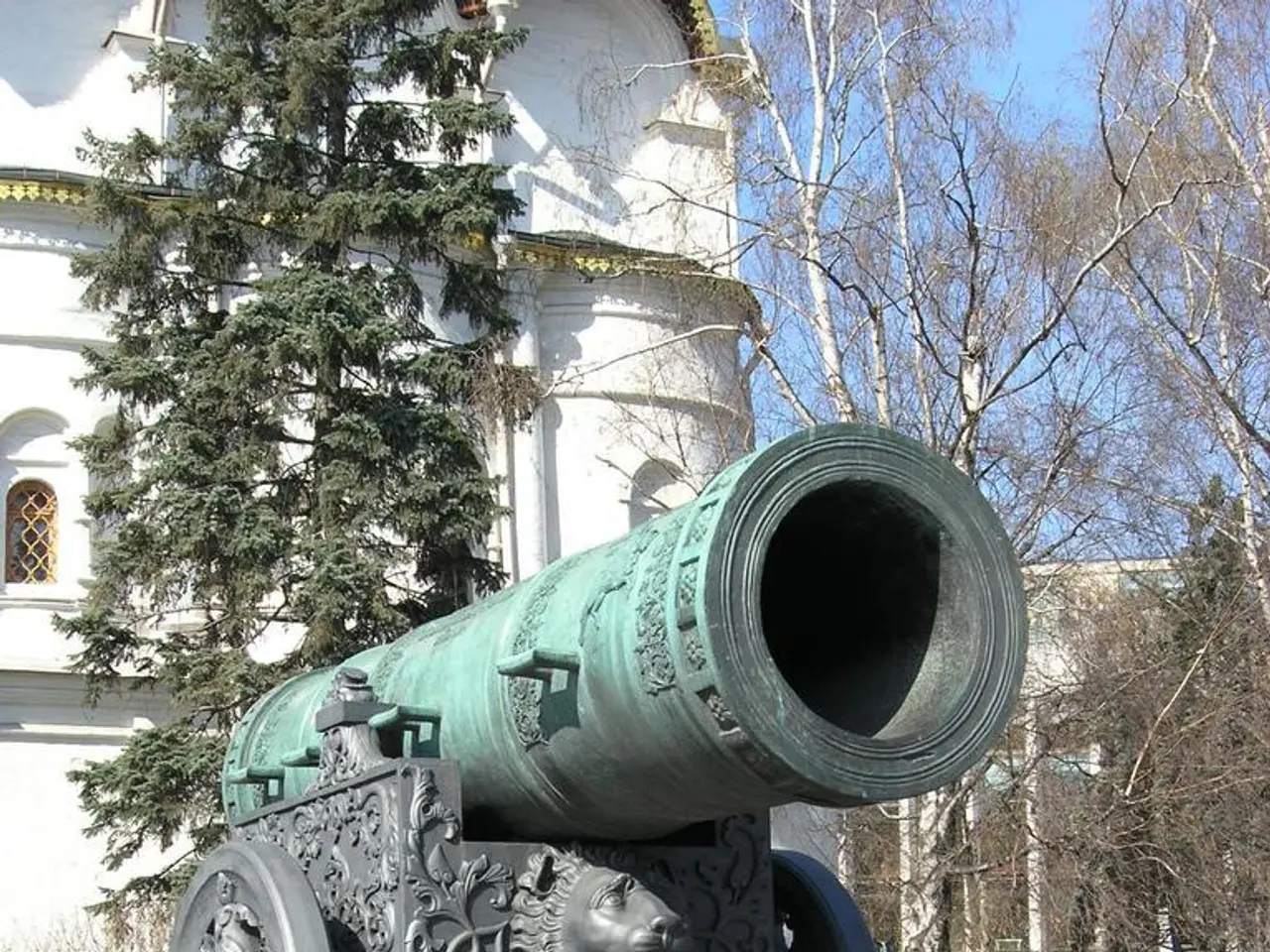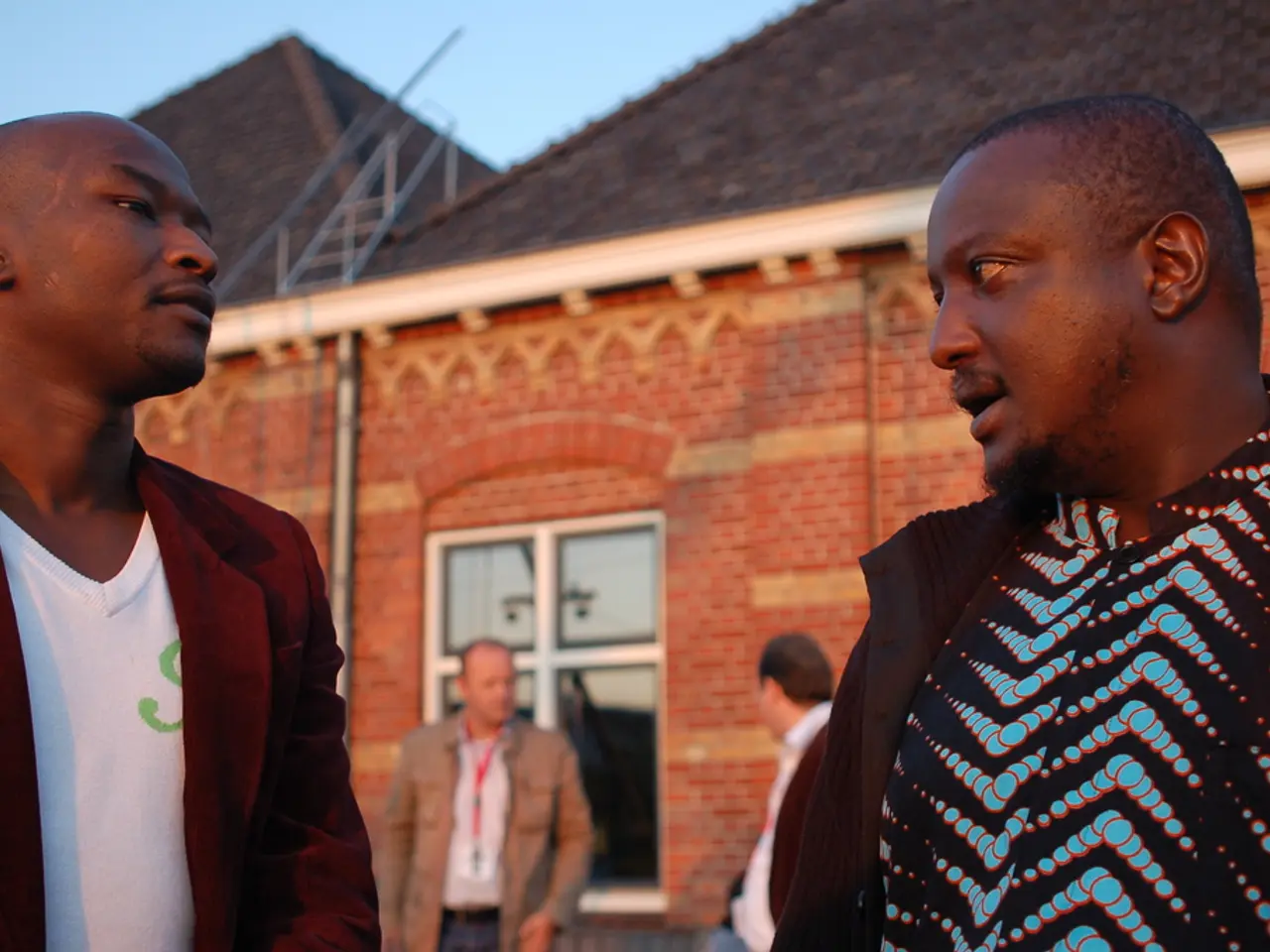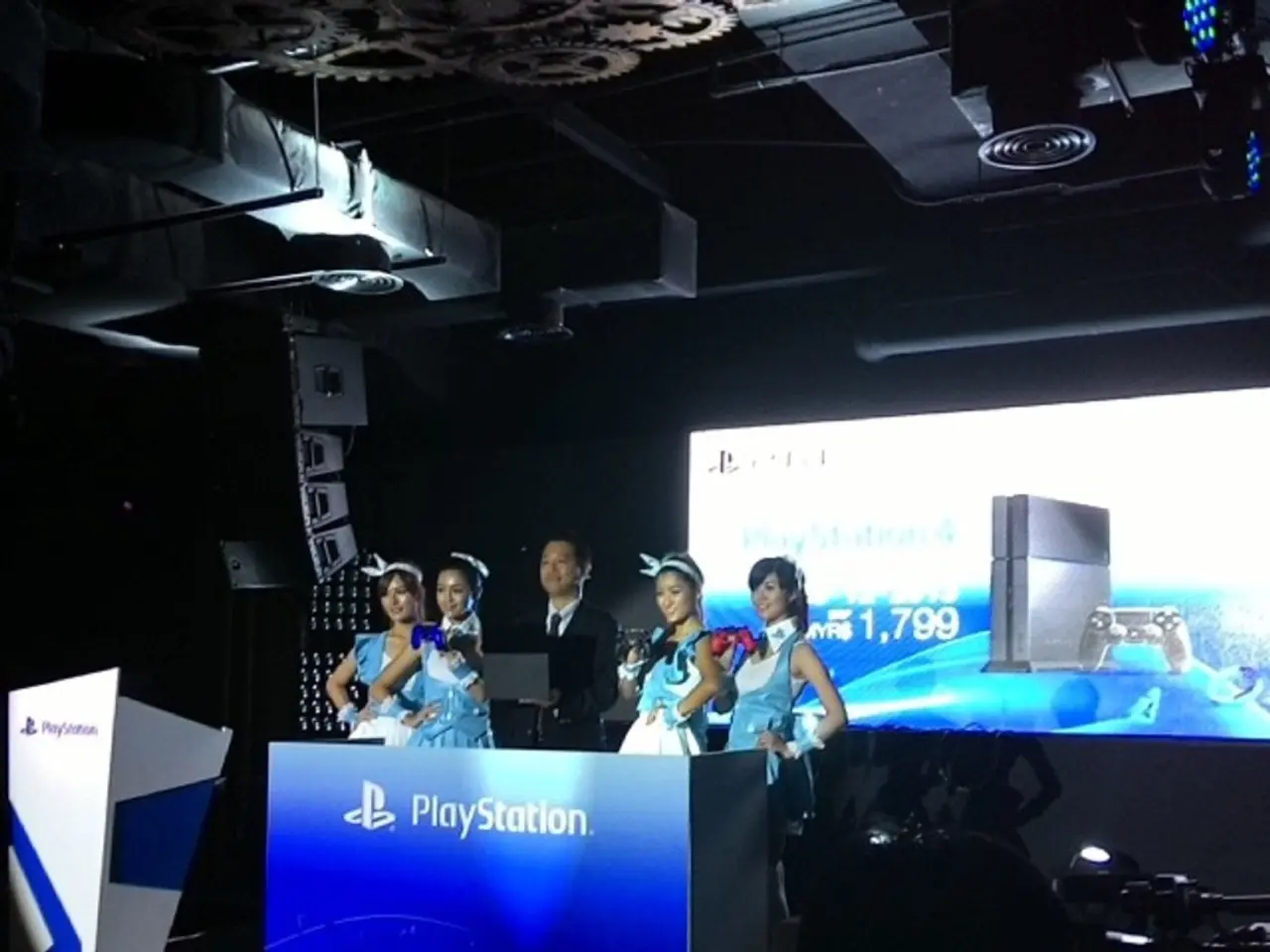West Bengal's Chief Minister, Mamata Banerjee, claims that the Election Commission is devising a SIR strategy to enforce the NRC in West Bengal.
West Bengal Chief Minister Accuses Union Government of NRC Plot in Electoral Roll Revision
West Bengal Chief Minister Mamata Banerjee has accused the BJP-led Union government of attempting to impose the National Register of Citizens (NRC) in West Bengal through the Election Commission of India's (ECI) Special Intensive Revision (SIR) exercise of electoral rolls.
During a visit to flood-affected areas in Ghatal, West Midnapore district, Banerjee described the SIR process as a covert NRC effort designed to disenfranchise genuine voters, particularly targeting Bengali-speaking residents and minorities. She vowed to block the NRC in Bengal, protect suspended state officials linked to the electoral roll revision, and even threatened to expose this alleged persecution on international platforms.
Banerjee criticized the Election Commission for suspending officials over data security lapses during the SIR and accused the Commission of acting as "BJP's bonded labour" under Home Minister Amit Shah's influence. She warned that not a single name should be deleted from the voter list and labeled demands for parental birth certificates as unreasonable, implying these requests are pretexts to exclude people from the voters' list.
The Chief Minister also alleged that citizens are being falsely branded as Rohingyas to justify detention and deportation to Bangladesh.
In response, Assam Chief Minister Himanta Biswa Sarma accused Mamata Banerjee of spreading fear among Bengali voters ahead of elections and dismissed her NRC allegations as unfounded political tactics to gain votes. Sarma asserted that no NRC order exists currently in West Bengal or BJP directives forcing adherence to NRC.
Meanwhile, Banerjee has been active in addressing the ongoing flood situation in West Bengal. She criticized the Damodar Valley Corporation (DVC) for releasing water into West Bengal, promising to build a dam and redirect the water back to Jharkhand after the 2026 state Assembly polls. However, she did not provide details on the cost of building the dam and redirecting water.
On a positive note, West Bengal has registered a 12% year-on-year growth in gross GST collections for July 2025, with a total collection of Rs 5,895 crore. The Chief Minister stated that the cumulative growth rate in West Bengal's GST revenue till July is 7.71%.
As the political landscape in West Bengal continues to evolve, Banerjee's accusations against the Union government and the BJP are likely to remain a significant point of contention in the coming months.
[1] NDTV. (2025, August 1). West Bengal CM Mamata Banerjee Accuses BJP of Planning to Impose NRC in the State. NDTV. https://www.ndtv.com/india-news/west-bengal-cm-mamata-banerjee-accuses-bjp-of-planning-to-impose-nrc-in-the-state-2789140
[2] The Telegraph. (2025, August 2). Mamata Banerjee's NRC Allegations Dismissed by Assam CM Himanta Biswa Sarma. The Telegraph. https://www.telegraphindia.com/india/mamata-banerjees-nrc-allegations-dismissed-by-assam-cm-himanta-biswa-sarma/cid/1805686
[3] India Today. (2025, August 3). Mamata Banerjee Accuses BJP of Branding Bengalis as Rohingyas. India Today. https://www.indiatoday.in/india/story/mamata-banerjee-accuses-bjp-of-branding-bengalis-as-rohingyas-1833048-2025-08-03
- The health of West Bengal's democracy is under scrutiny as politics heat up, with West Bengal Chief Minister Mamata Banerjee accusing the central government of using policy-and-legislation such as the NRC for electoral purposes, causing general-news concern about the independence of institutional bodies like the Election Commission.
- The issue of crime-and-justice has been raised in the ongoing West Bengal-BJP political dispute, with Banerjee alleging that citizens are being falsely labeled as Rohingyas, potentially leading to their detention and deportation.
- Amidst the war-and-conflicts of West Bengal politics, the state's economy shows promising signs, with a 12% year-on-year growth in gross GST collections, indicating a positive trend in the region's economic well-being.








